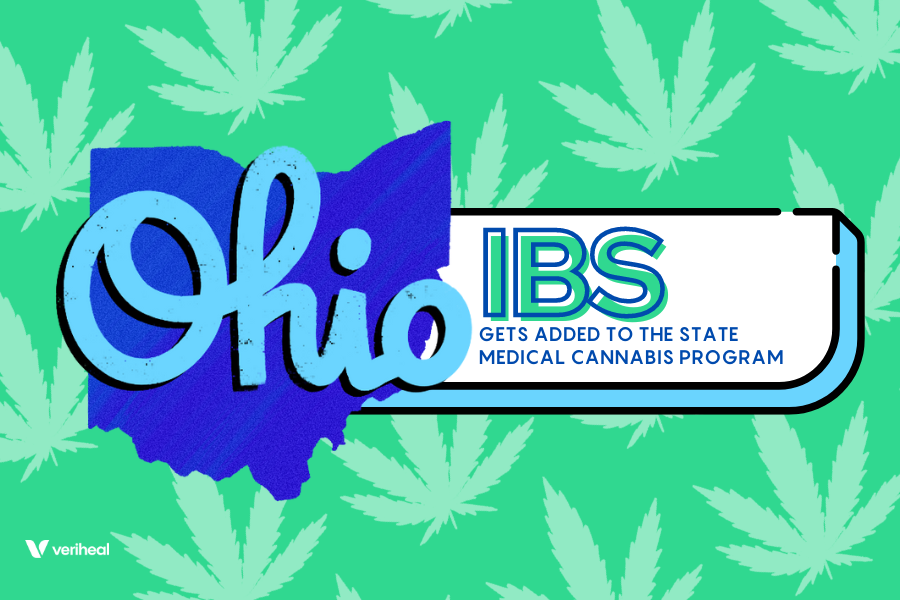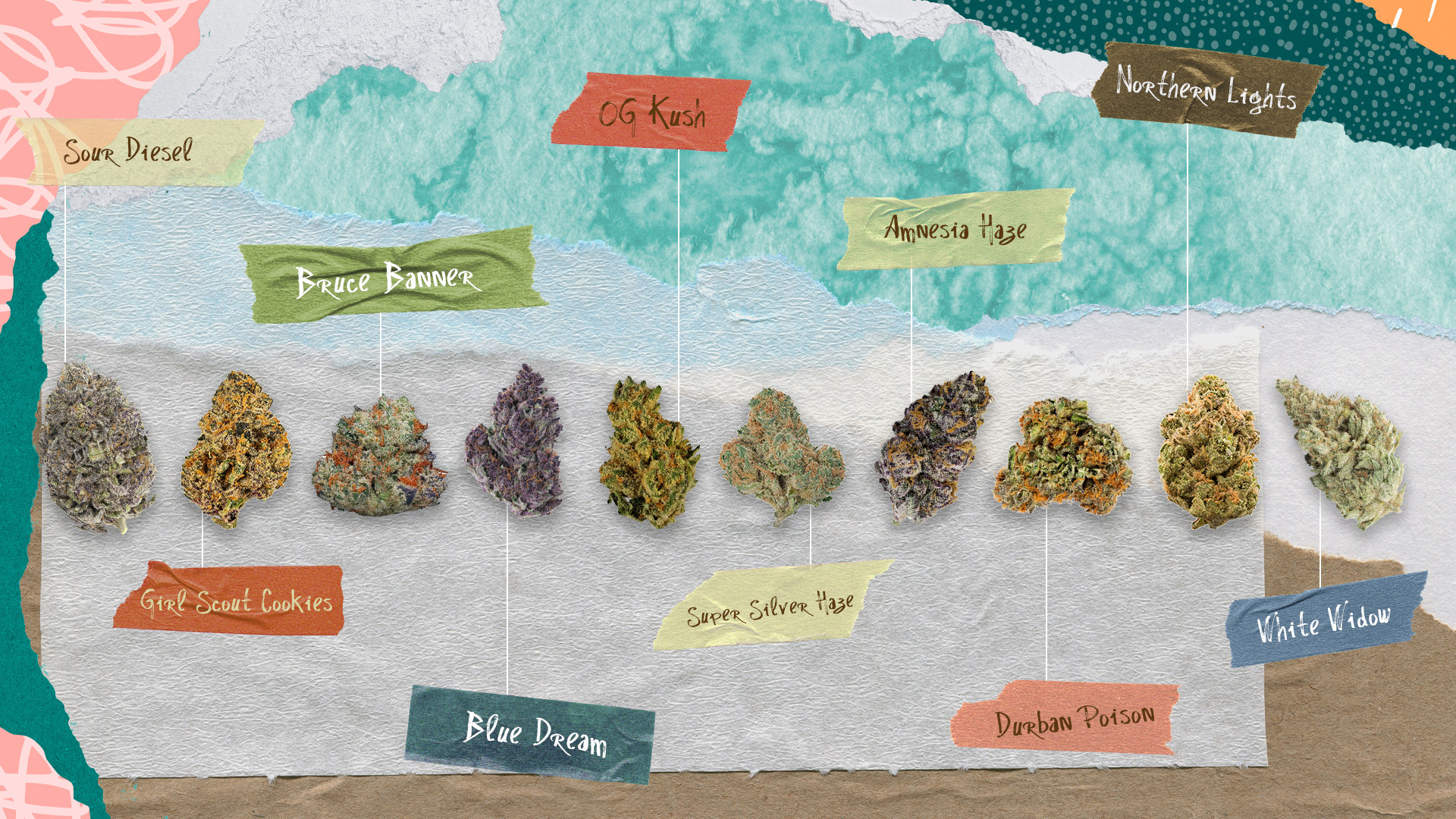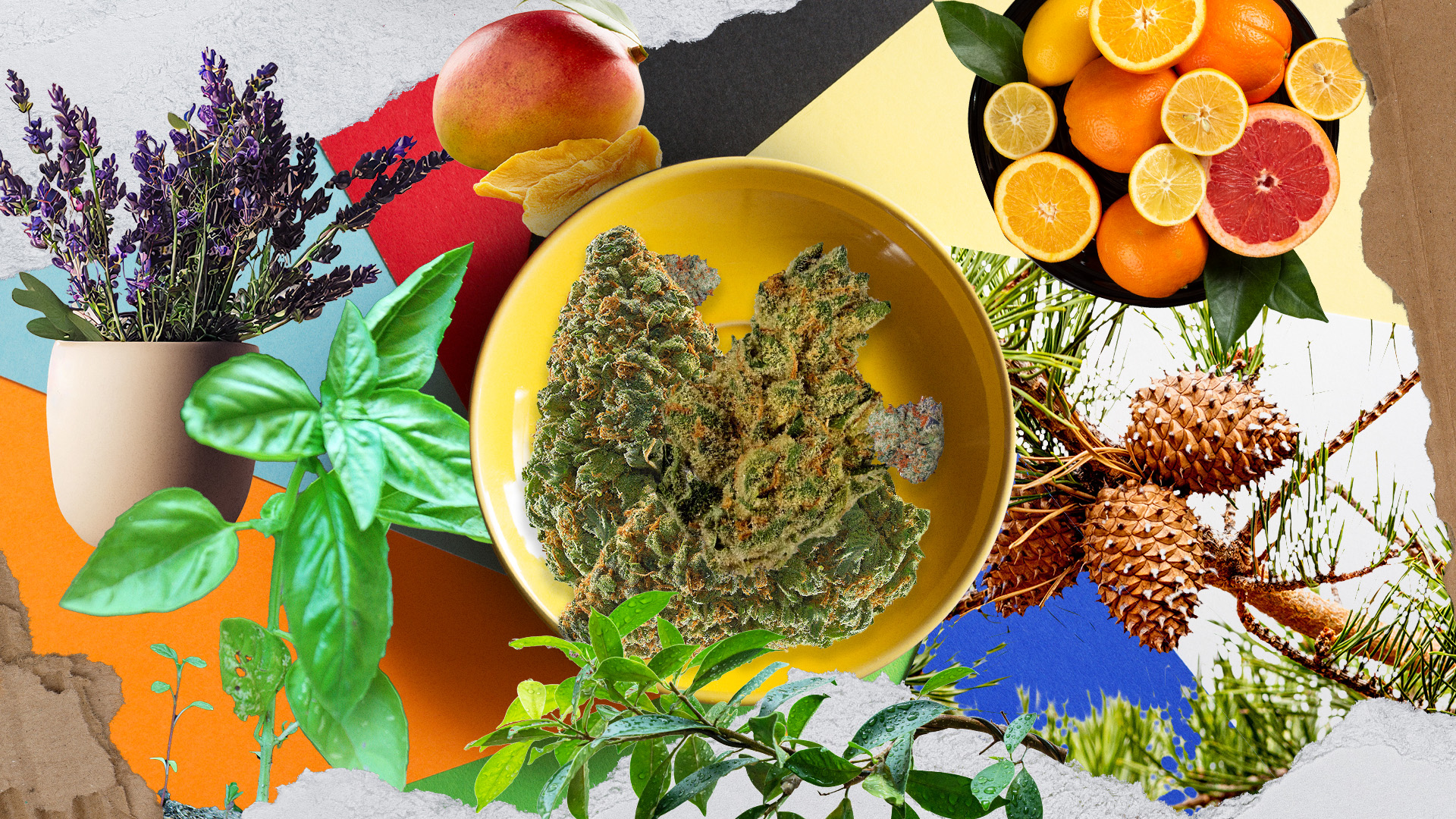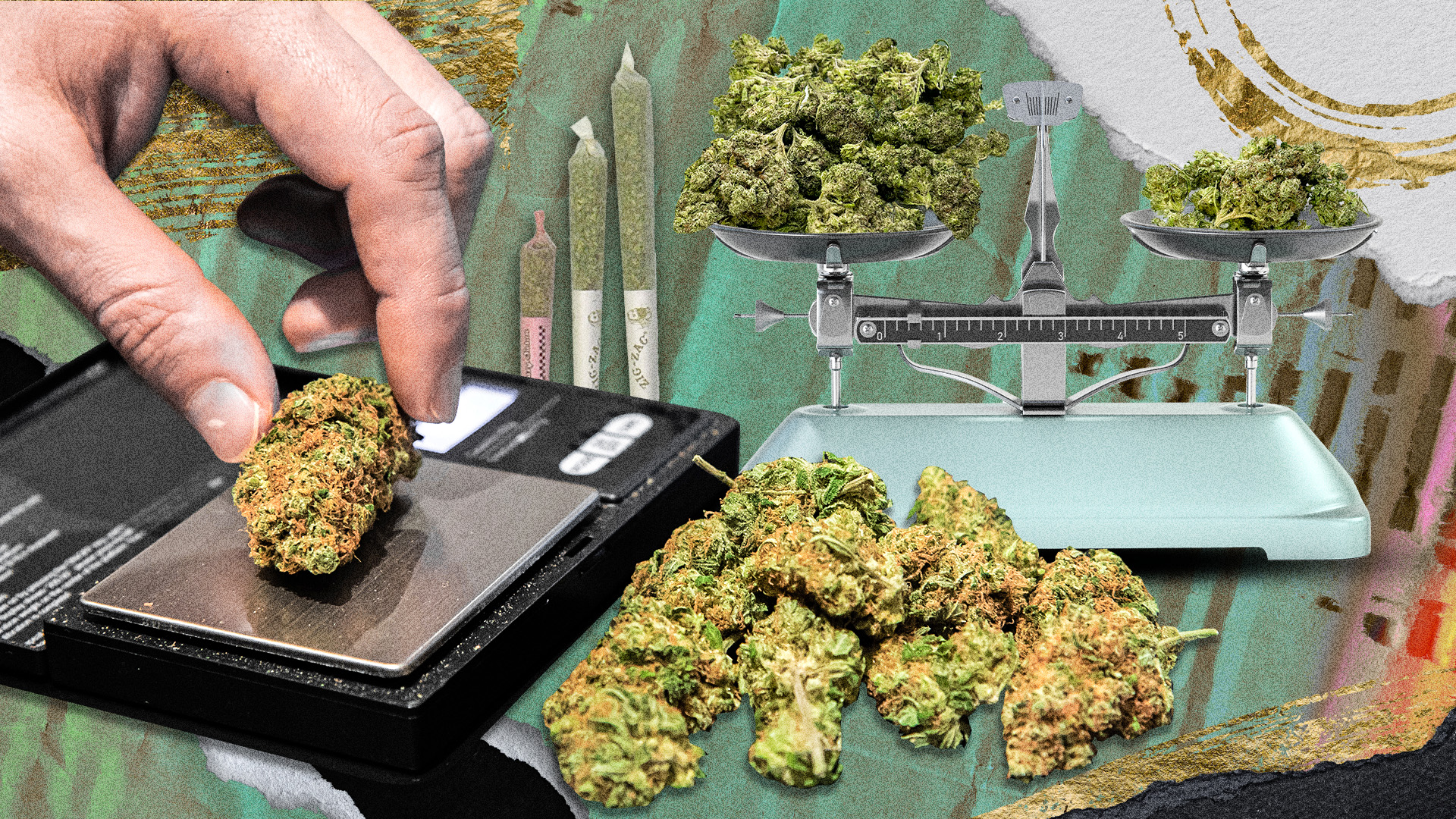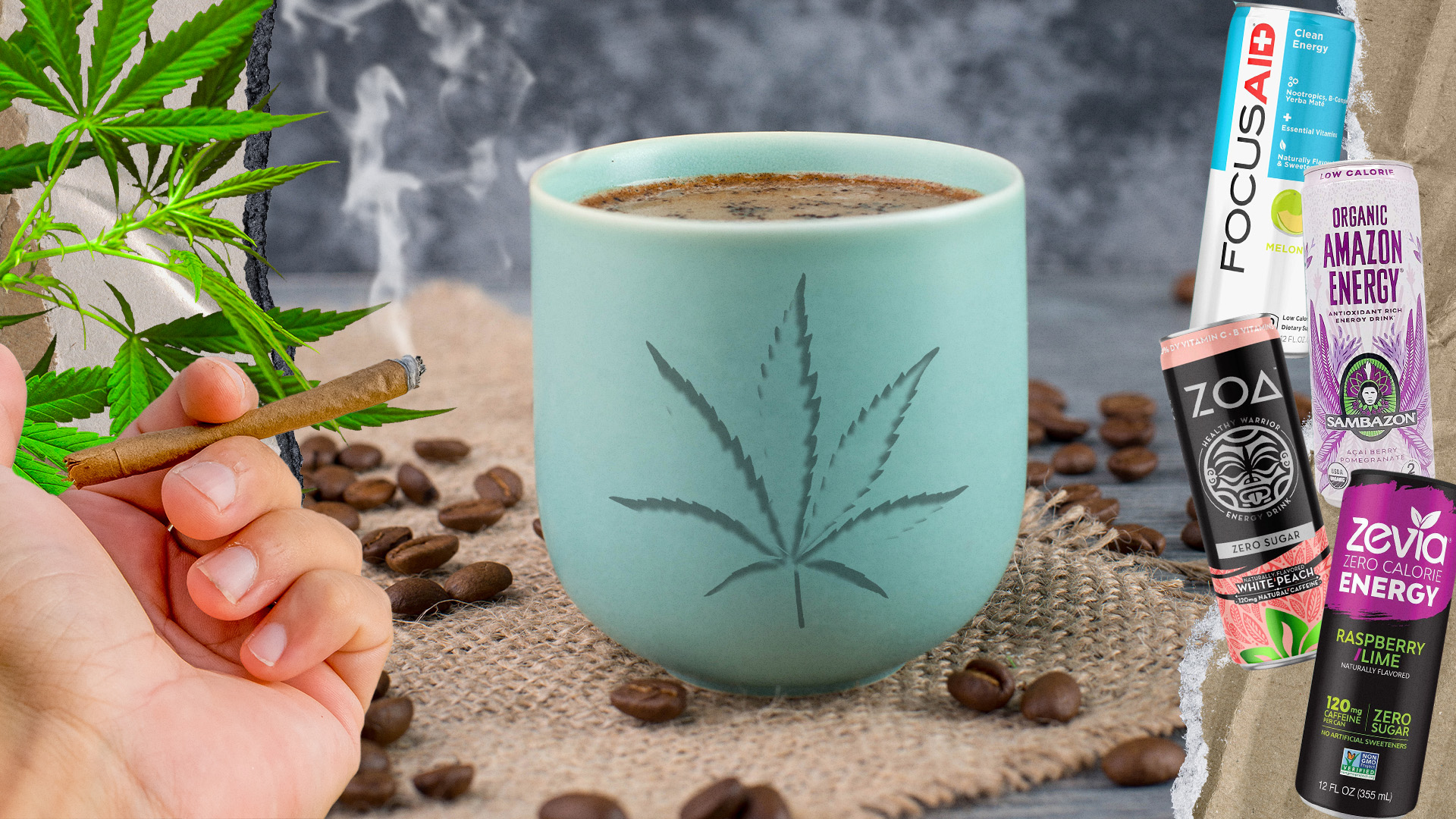Last month, the Ohio Medical Board made a landmark in the state which approved Irritable Bowel Syndrome (IBS) as a qualifying condition for Ohio’s medical marijuana program. This unanimous decision by the Board updates Ohio‘s qualifying conditions, now placing IBS as number twenty-six (26) on the list of ailments for which residents of the state can medically access cannabis for therapeutic purposes.
Disappointingly, however, the Board failed to approve the addition of Autism and OCD to the list. And this decision has been met with several reactions from residents, medical professionals, and charities. While there has been shared excitement as to the prospects of the IBS approval by the Board, stakeholders like the Director of Government Affairs for the Ohio Medical Cannabis Industry Association, Charlie Trefny, expressed his dismay as to the Board’s rejection of OCD and Autism. Being the fourth time since 2019 that the Board has disapproved Autism for cannabis-inclined therapy, one wonders if there is hope for approval in the coming years.
Understanding IBS: Symptoms, Challenges & Current Treatment
The newest Ohio qualifying condition, Irritable Bowel Syndrome, is a disorder of the gastrointestinal tract characterized by abdominal pain, bloating, gas, and erratic changes in bowel movements. This chronic syndrome, which affects 10%-20% of the world’s adult population, can impact a person’s life quality. The disorder is one that medical practitioners are yet to comprehend as it manifests differently among individuals. While some experience constipation, others grapple with diarrhea and many with both. In rare cases, people suffering from IBS also experience nausea, often related to other symptoms such as gastrointestinal reflux disease (GERD).
While IBS may manifest physically, its effects are not confined to physical discomfort. It extends to emotional and psychological realms intertwining with anxiety, depression, and frequently heightened stress levels. Living in constant fear of an IBS flare-up can be overwhelming. In most cases, it forces individuals suffering from the syndrome to limit their activities or isolate themselves, leading to helplessness and frustration. The inability to pinpoint the precise cause of IBS poses a challenge to patients and healthcare professionals, making diagnosis and treatment tasking.
Current Treatment Approaches
Before it was added to Ohio’s qualifying conditions for medical cannabis, patients have tried a number of treatment options. In light of the pain and discomfort experienced by IBS patients and the inability to reach a precise diagnosis, medical practitioners have fervently explored various treatment options to relieve IBS patients. Since it presents a wide spectrum of symptoms, the approach to effectively managing IBS in patients is often diverse and multifaceted. Some of these treatment methods include:
Smooth Muscle Relaxants
With IBS comes painful intestinal cramps and spasms. The pain manifests differently in individuals and can go from mild to severe. To ease the pain and discomfort associated with IBS, smooth muscle relaxants are often prescribed to calm hyperactive muscles and reduce the overactivity of smooth muscle cells in the intestines.
Anti-diarrheal Medications & Laxatives
IBS patients sometimes struggle with bouts of diarrhea, and there’s nothing worse than not knowing when it’s time to go. That’s why anti-diarrheal medications prove invaluable in regulating bowel habits. This medication slows down metabolism and the digestion of food in the intestines, reducing the frequency of bowel movements and improving stool conditions.
Why You Should Get Your Medical Marijuana Card
Veriheal has satisfied millions of patients nationwide by giving them access to these benefits
- Larger purchase limits
- Peace of mind
- Enhanced legal protection
- Access to higher potency strains
- Save up to 25% on cannabis purchases
- Skip the line at the dispensary
While some IBS patients struggle with diarrhea, others only have to contend with constipation. For these individuals, anti-diarrheal medication is not an option. Laxatives are the most viable treatment option, as it softens the stools, ease the discomfort associated with constipation, and aid regular bowel movement.
This way, patients have greater control over their bowel routines.
Antibiotics & Dietary Restrictions
IBS is tackled mainly by imposing dietary restrictions, as nutritional triggers often exacerbate the condition. Certain foods, often referred to as FODMAPs, are known to provoke IBS symptoms. FODMAPs (Fermentable Oligosaccharides, Disaccharides, and Polyols) are a group of carbohydrates that the intestine often has difficulty absorbing. When the small intestine can’t absorb them, they are fermented in the colon by the good bacteria in the body, resulting in gas production and bloating. Apart from carbohydrates, IBS patients could also experience discomfort when they consume caffeinated beverages.
To manage the symptoms and attempt to balance the composition of gut flora in the small intestines, medical practitioners often prescribe antibiotics and advise IBS patients to follow a low-FODMAP diet. This means they’ll avoid or limit the intake of problematic carbohydrates like wheat, fruits such as apples and cherries, dairy products, garlic, onions, and sugar alcohols.
Newest Ohio Qualifying Condition: Medical Cannabis as a Treatment Option
Though it’s the newest Ohio qualifying condition, IBS has for decades eluded a definitive cure. Patients have had to manage the conditions with the aid of palliative methods like the ones listed above. And medical cannabis is no different. It is incapable of curing the syndrome, but it does help in modulating and controlling its impacts.
The science behind introducing medical cannabis in IBS clinical sessions is simple. The syndrome interacts with the endocannabinoid system (ECS) – a network of receptors and compounds around the central and peripheral nervous and digestive systems. It regulates various physiological processes, including pain sensation, inflammation, and gastrointestinal motility. Research has shown that the cannabinoids found in cannabis, such as THC (delta-9-tetrahydrocannabinol) and CBD (cannabidiol), can modulate the endocannabinoid system, potentially offering therapeutic benefits for IBS patients.
Final Takeaway
Adding IBS to Ohio’s qualifying conditions for their medical cannabis program marks a victory for patients, medical practitioners, and petitioners who have desired therapeutic alternatives for the management of the syndrome. This approval is a subtle acknowledgment of the wealth of research on the potential benefits of medical cannabis for IBS. It also reflects the state’s commitment to evidence-based medicine and compassionate care.
However, a daunting task lies ahead of the Ohio medical cannabis board and the state in general. Medical practitioners have to navigate the complexities surrounding the rejection of OCD & Autism as qualifying conditions. On the one hand, it is understandable that the Board feels the state is not ready to explore medical cannabis in OCD & Autism therapeutic sessions. However, the Board should try to be more receptive in some form to the potential benefits that medical cannabis offers for these conditions.
Author, Share & Comments











